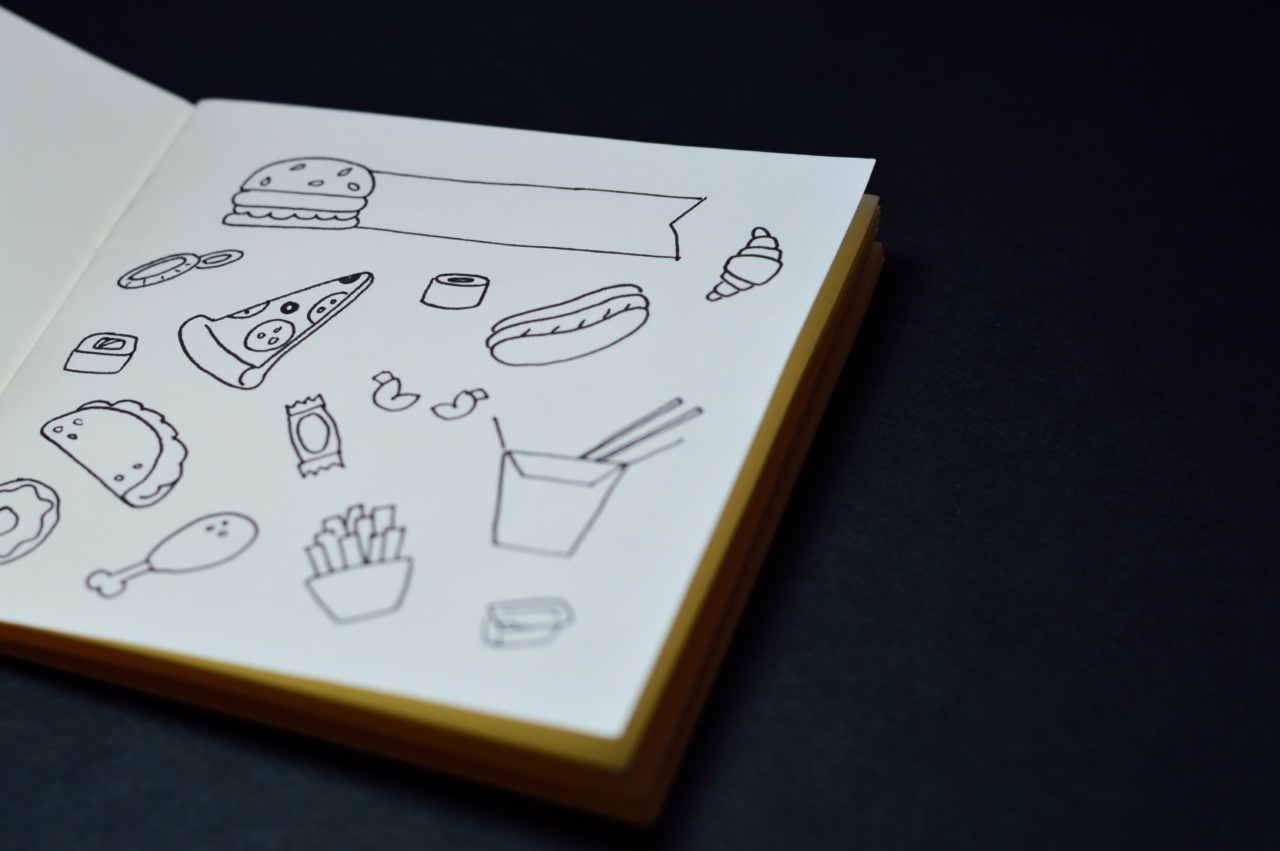In today’s fast-paced world, junk food has become a prominent part of our lives. It’s convenient, easily accessible, and oh so tasty.
However, consuming junk food on a regular basis can have severe consequences for our health, particularly when it comes to diseases like diabetes. Diabetes is a chronic condition characterized by high blood sugar levels, and it affects millions of people worldwide.
This article will explore the dangerous connection between junk food and diabetes, shedding light on the detrimental effects of an unhealthy diet.
The Rise of Junk Food
In recent years, the availability and popularity of junk food have skyrocketed. Convenience stores, fast food chains, and vending machines now offer an array of tempting, yet unhealthy, options.
These products are typically loaded with unhealthy fats, added sugars, and excessive amounts of sodium. While occasional indulgence is relatively harmless, indulging in junk food on a regular basis can lead to various health issues, including diabetes.
The Link Between Junk Food and Diabetes
Junk food consumption is strongly associated with an increased risk of developing type 2 diabetes. Type 2 diabetes is the most common form of diabetes and is largely caused by poor lifestyle choices, including an unhealthy diet.
The high levels of added sugars and unhealthy fats found in junk food contribute significantly to weight gain, obesity, and insulin resistance – all of which are major risk factors for developing type 2 diabetes.
The Impact of Added Sugars
One of the primary culprits in junk food that contributes to the development of diabetes is added sugars. Soft drinks, candies, pastries, and other sugary treats are packed with refined sugars that rapidly raise blood glucose levels.
These sugar-laden foods cause a spike in blood sugar, leading to a subsequent crash and a craving for more sugary foods. Over time, this rollercoaster of blood sugar levels can disrupt the body’s ability to regulate insulin effectively, ultimately increasing the risk of developing diabetes.
The Role of Unhealthy Fats
Additionally, junk food is often high in unhealthy fats, such as trans fats and saturated fats. These fats not only contribute to weight gain but also lead to inflammation and insulin resistance.
Insulin is a hormone that allows the body’s cells to take in glucose for energy. When the body becomes resistant to insulin, the cells are unable to effectively utilize glucose, resulting in high blood sugar levels. This process is a key factor in the development of type 2 diabetes.
Processed Foods and Diabetes
Junk food is primarily composed of processed ingredients, which undergo various chemical processes to enhance their flavor, texture, and shelf life.
These processed foods often contain high levels of artificial additives, preservatives, and unhealthy cooking oils. These additives can negatively affect insulin sensitivity, impairing the body’s ability to control blood sugar levels.
Furthermore, the lack of nutritional value in processed foods can lead to poor metabolic health, weight gain, and an increased risk of diabetes.
Junk Food’s Impact on Childhood Diabetes
The prevalence of childhood diabetes, particularly type 2 diabetes, is on the rise, and junk food plays a significant role in this alarming trend.
Children today are exposed to an abundance of unhealthy food options, from sugary cereals and snacks to fast food meals. The excessive consumption of junk food during childhood greatly increases the risk of developing diabetes in later life. It is crucial to educate children and parents about the adverse effects of junk food and to promote healthier alternatives.
Strategies to Reduce Junk Food Consumption
Reducing junk food consumption is essential in preventing not only diabetes but also a range of other chronic diseases. Here are some strategies to help reduce the intake of junk food:.
1. Plan and Prepare Meals
Meal planning and preparation can significantly decrease the reliance on processed and junk food options.
By setting aside time to plan weekly meals, individuals can ensure that they have nutritious and wholesome meals readily available, reducing the temptation to turn to fast food or unhealthy snacks.
2. Opt for Healthy Snacks
Choosing healthier alternatives to satisfy snack cravings is an excellent way to combat junk food consumption.
Fruits, vegetables, nuts, and seeds make for fulfilling and nutritious snacks that can help stabilize blood sugar levels and promote overall health.
3. Cook at Home
Homemade meals and cooking from scratch provide control over the ingredients and cooking methods used. This way, individuals can avoid unhealthy fats, excessive sugars, and artificial additives that are commonly found in junk food.
Experimenting with simple recipes and expanding cooking skills can make the experience enjoyable and rewarding.
4. Increase Awareness and Education
Education on the dangers of junk food and its impact on health is crucial. Raising awareness at the societal level can help individuals make informed decisions about their food choices and motivate them to adopt healthier dietary habits.
The Importance of Moderation
While completely eliminating junk food from one’s diet may seem like an impossible task, it is important to emphasize moderation. Occasional treats are acceptable, but regular overindulgence in junk food should be avoided.
Striving for a balanced diet that includes nutrient-dense foods like fruits, vegetables, lean proteins, and whole grains is key to maintaining a healthy lifestyle and reducing the risk of diabetes.






























